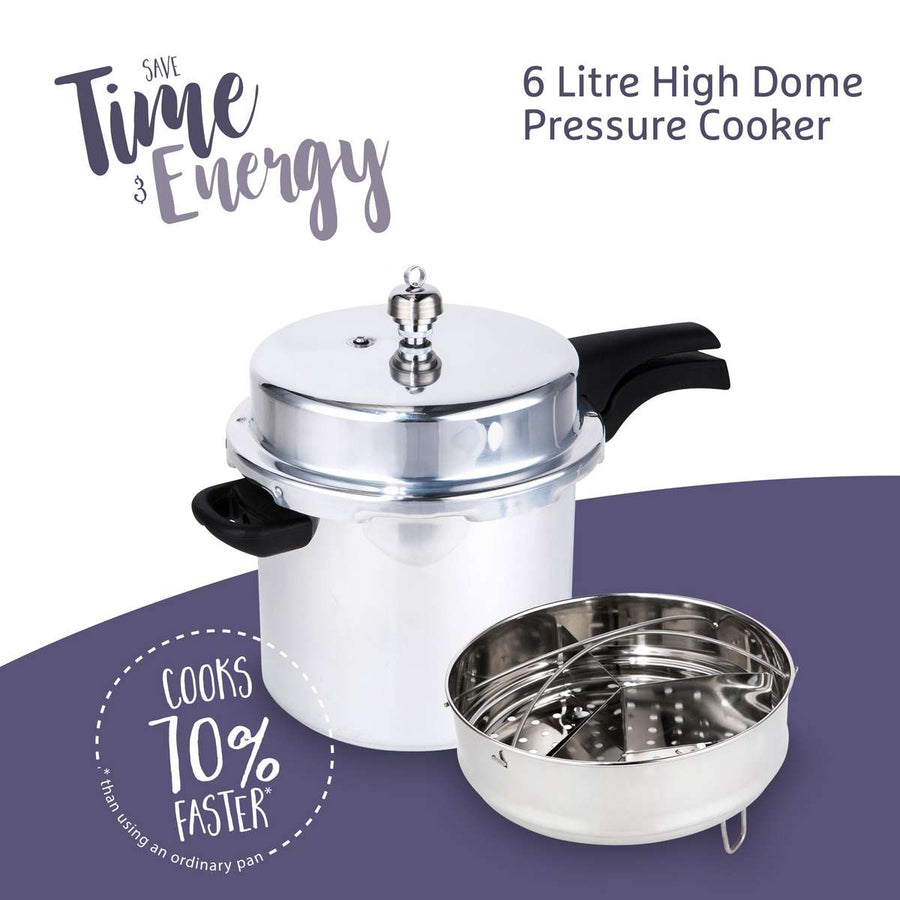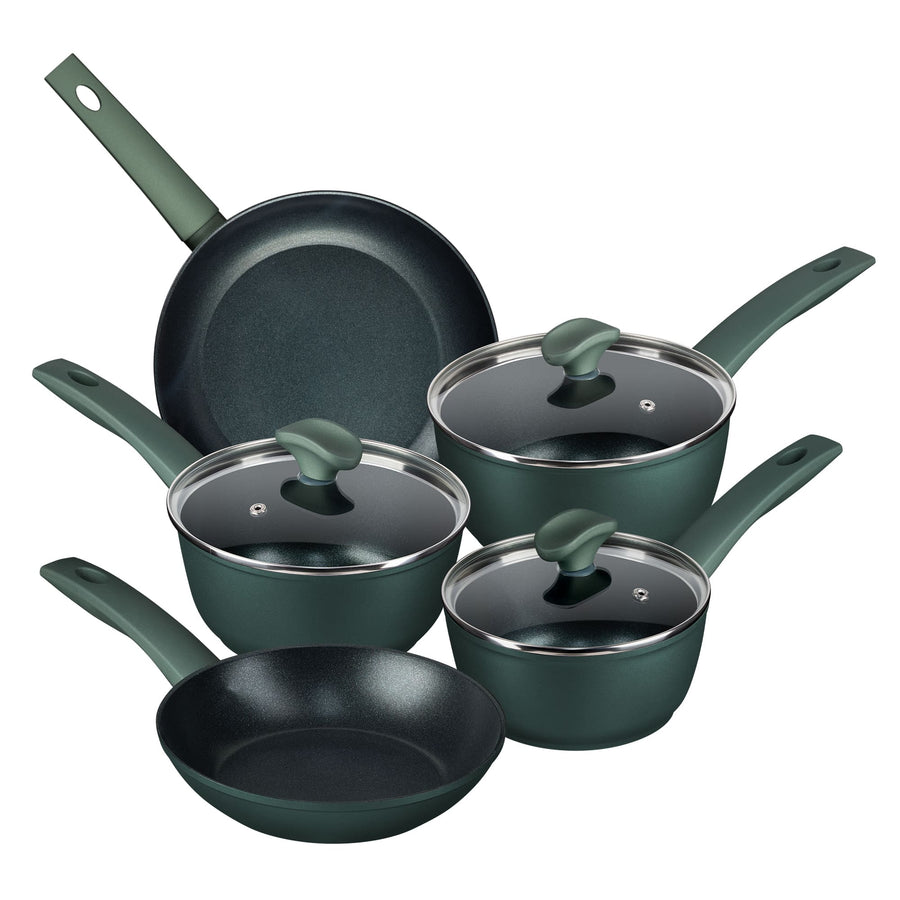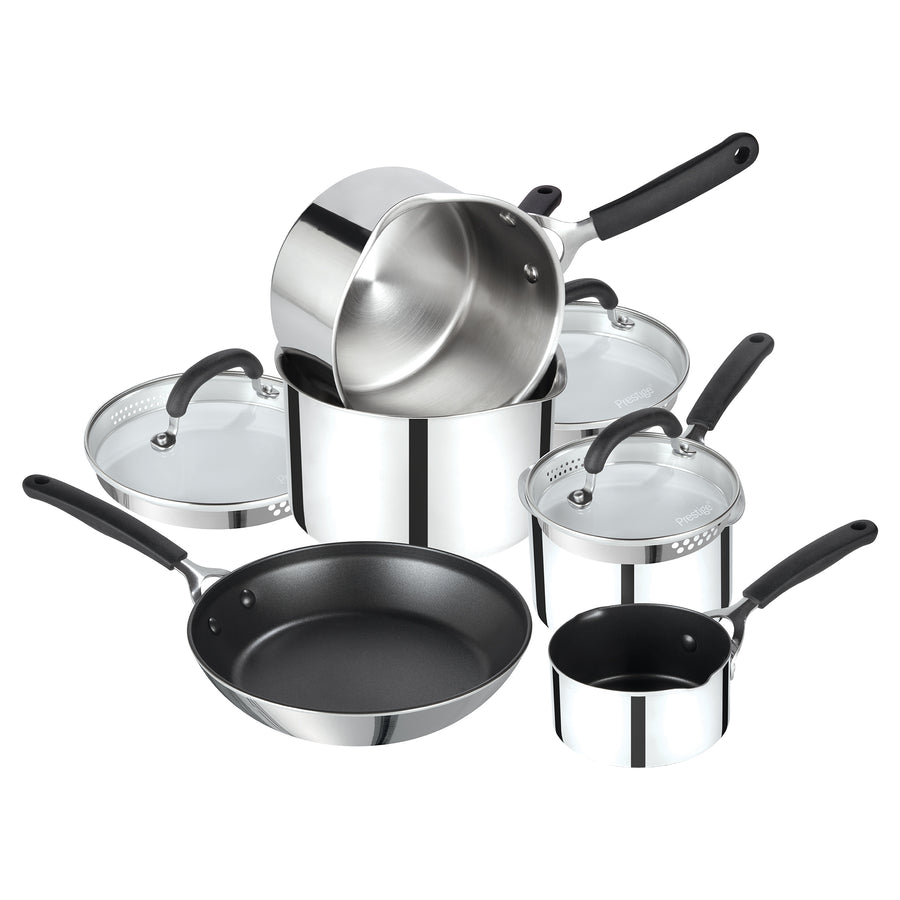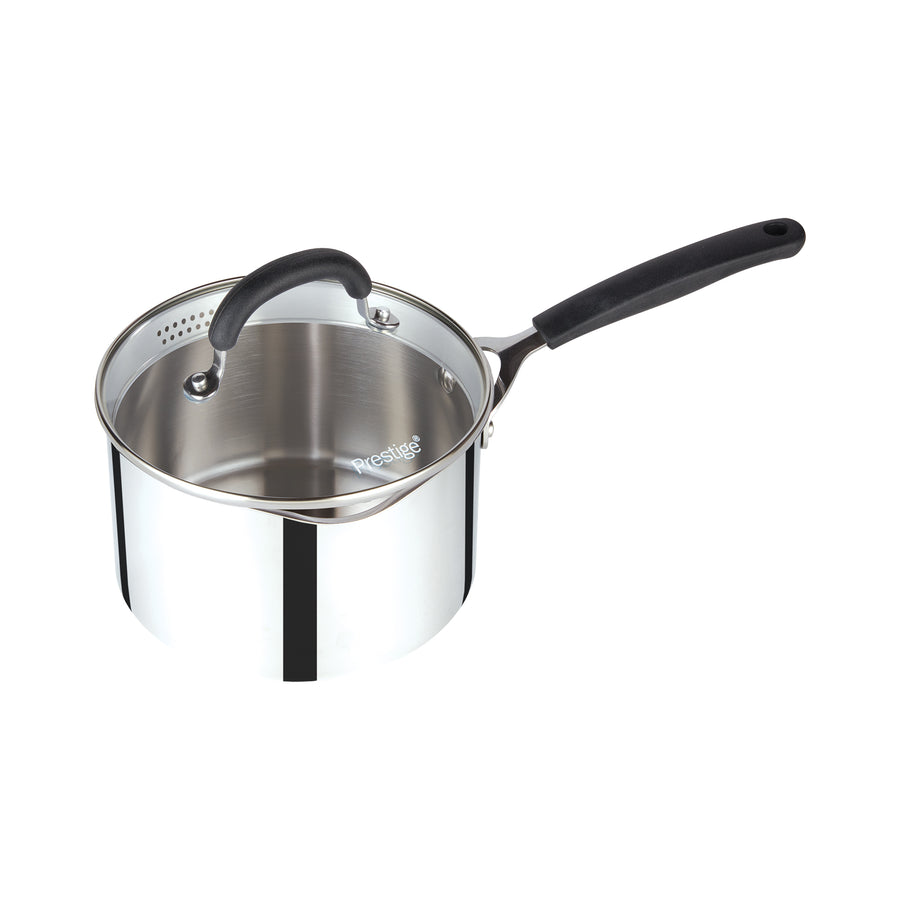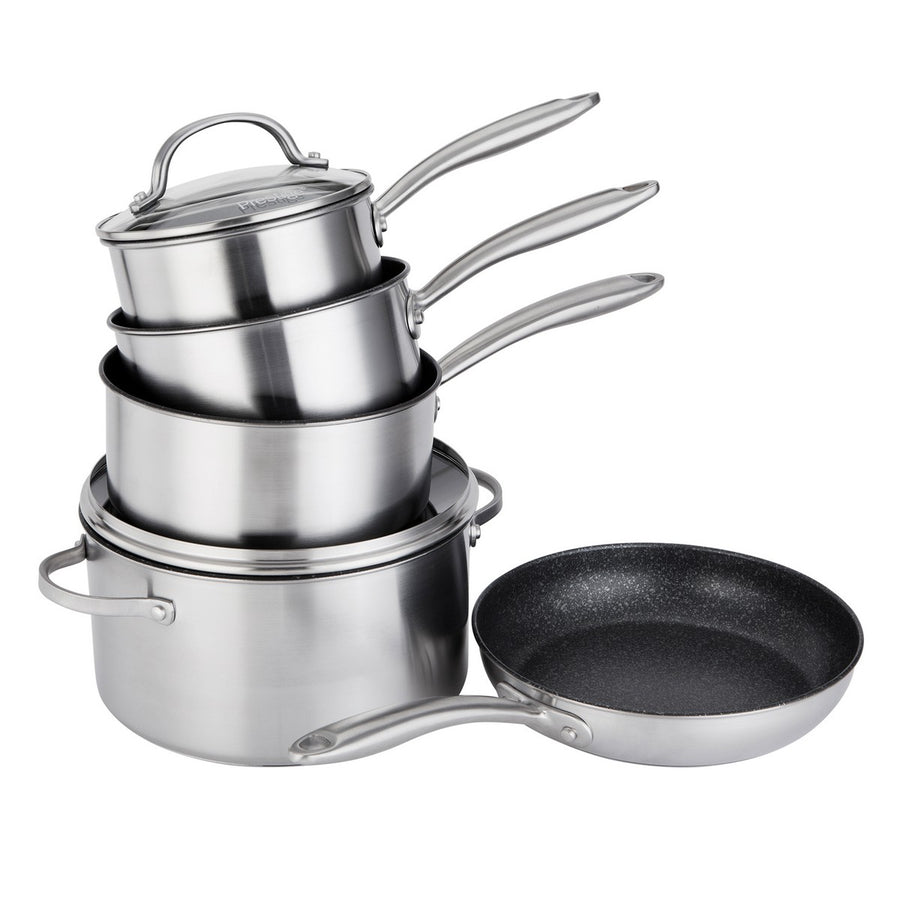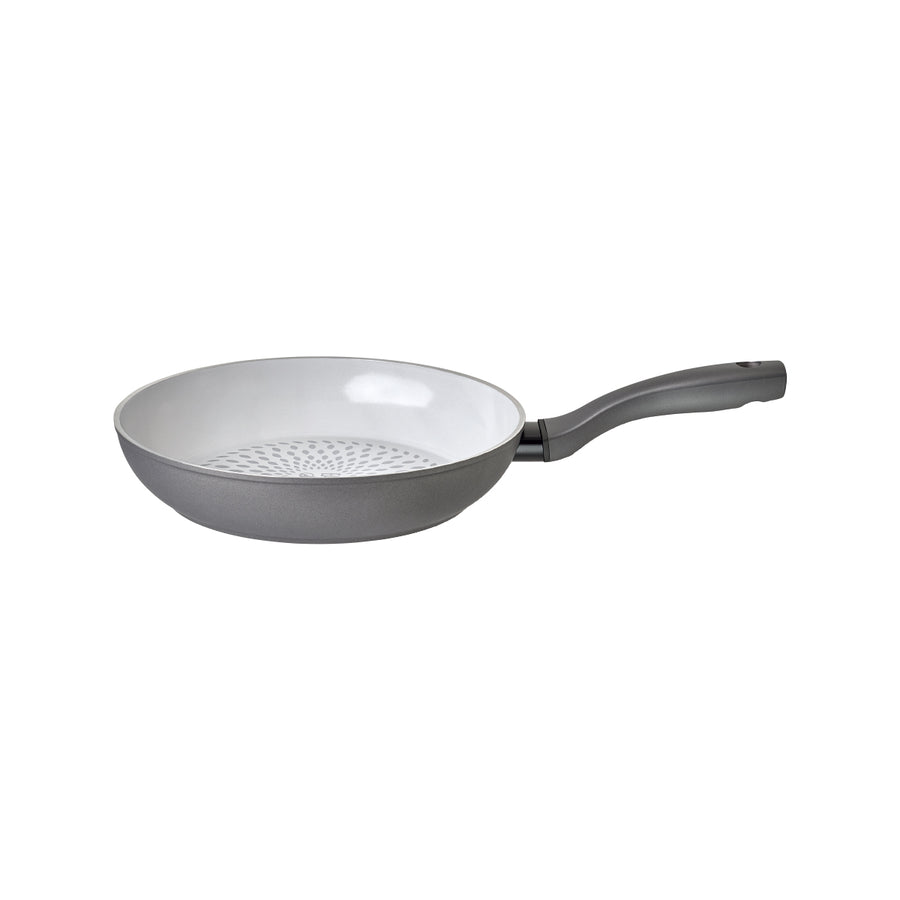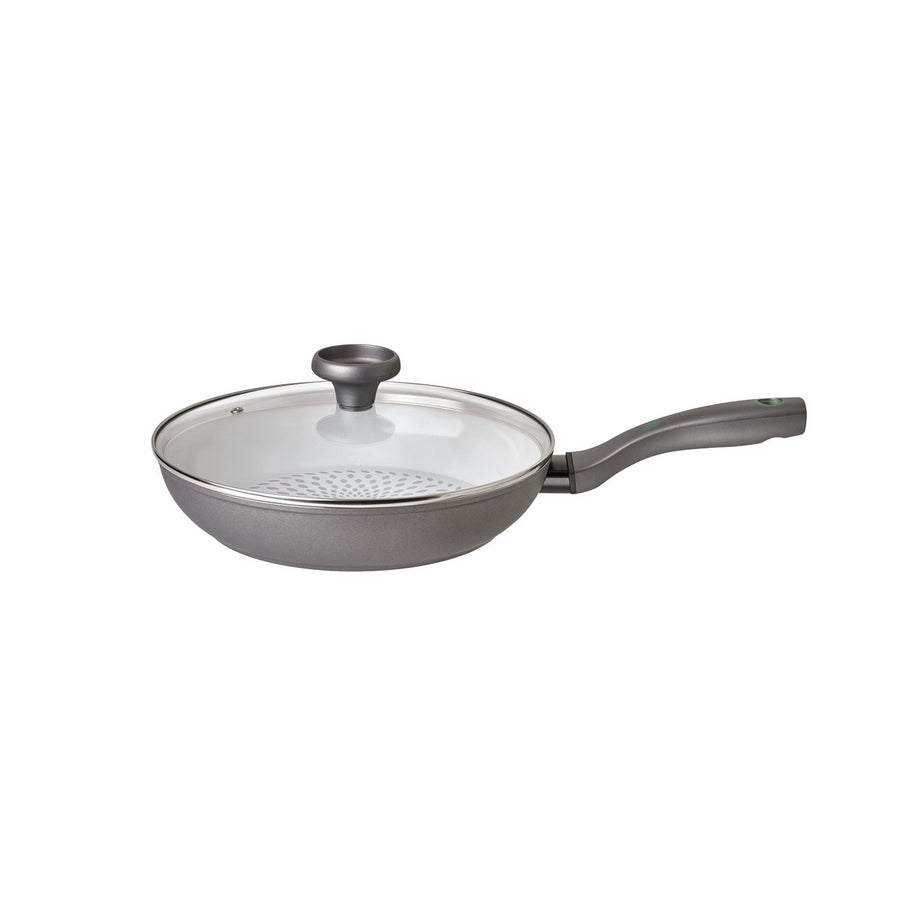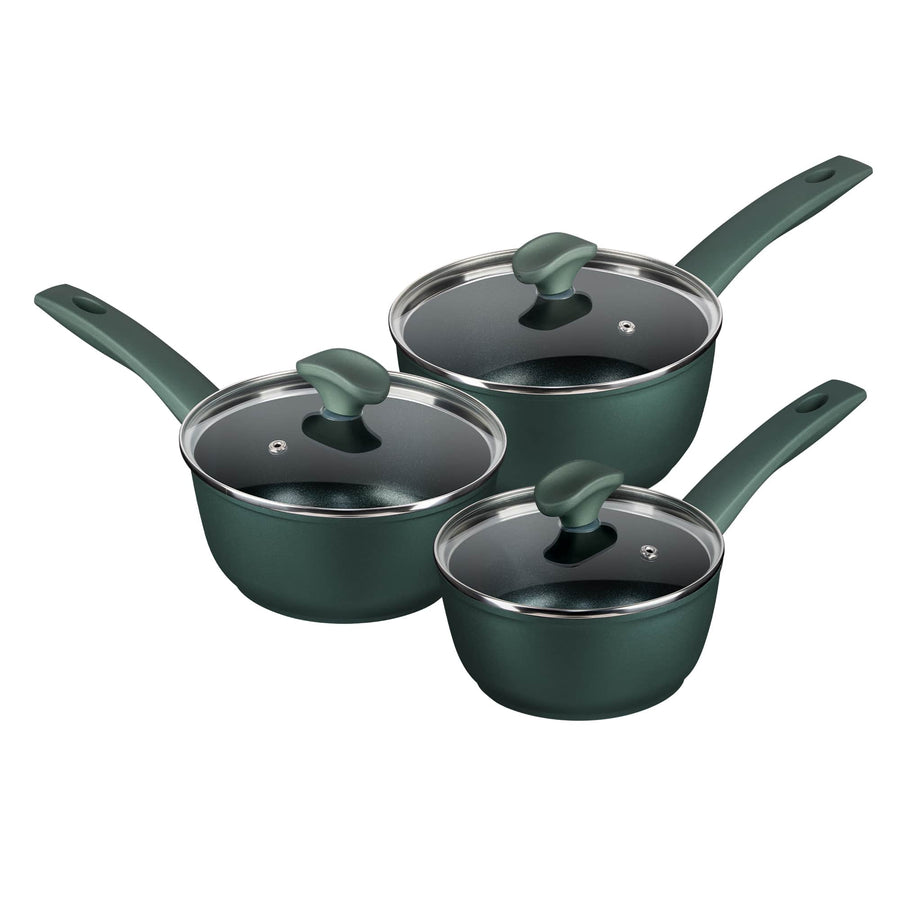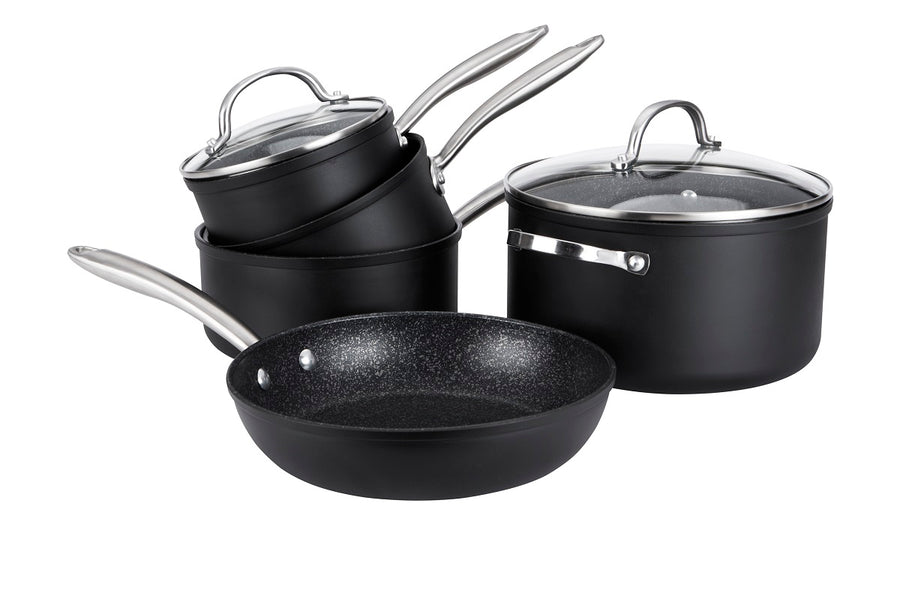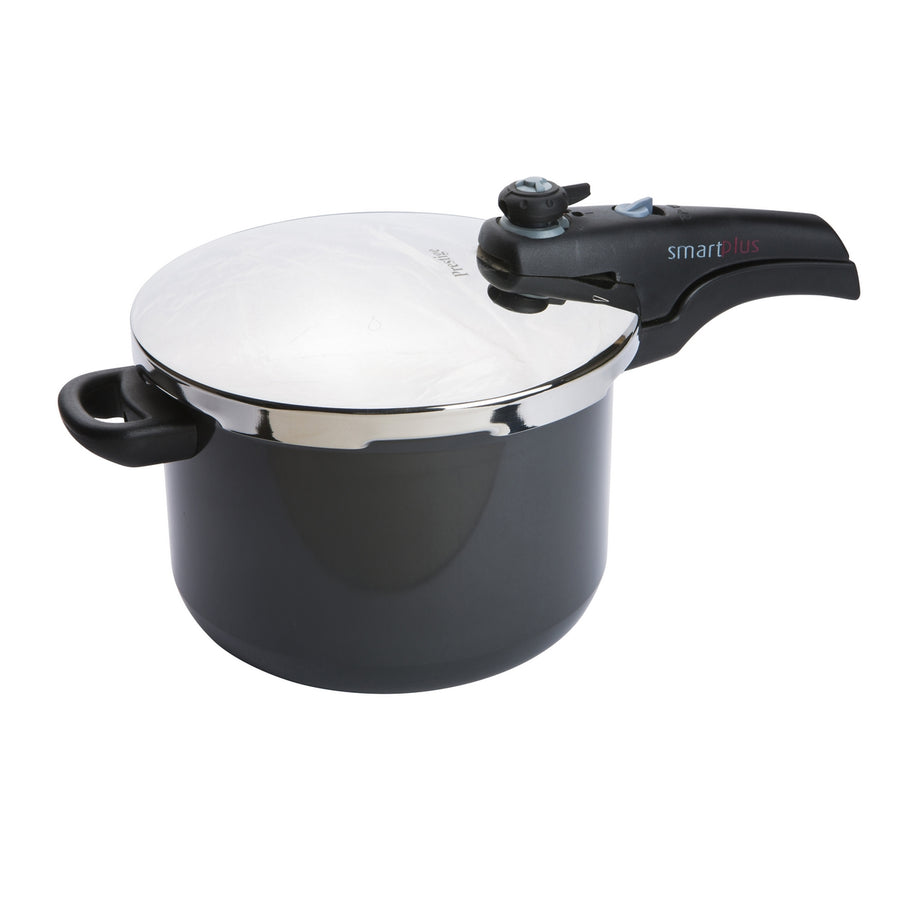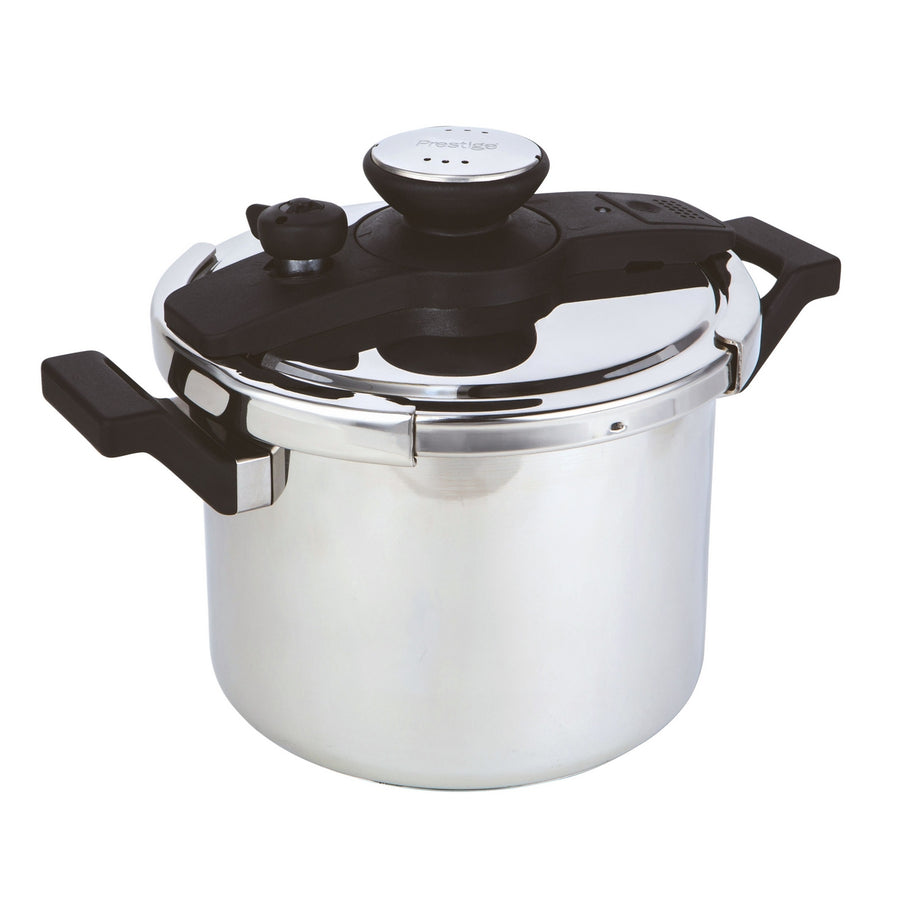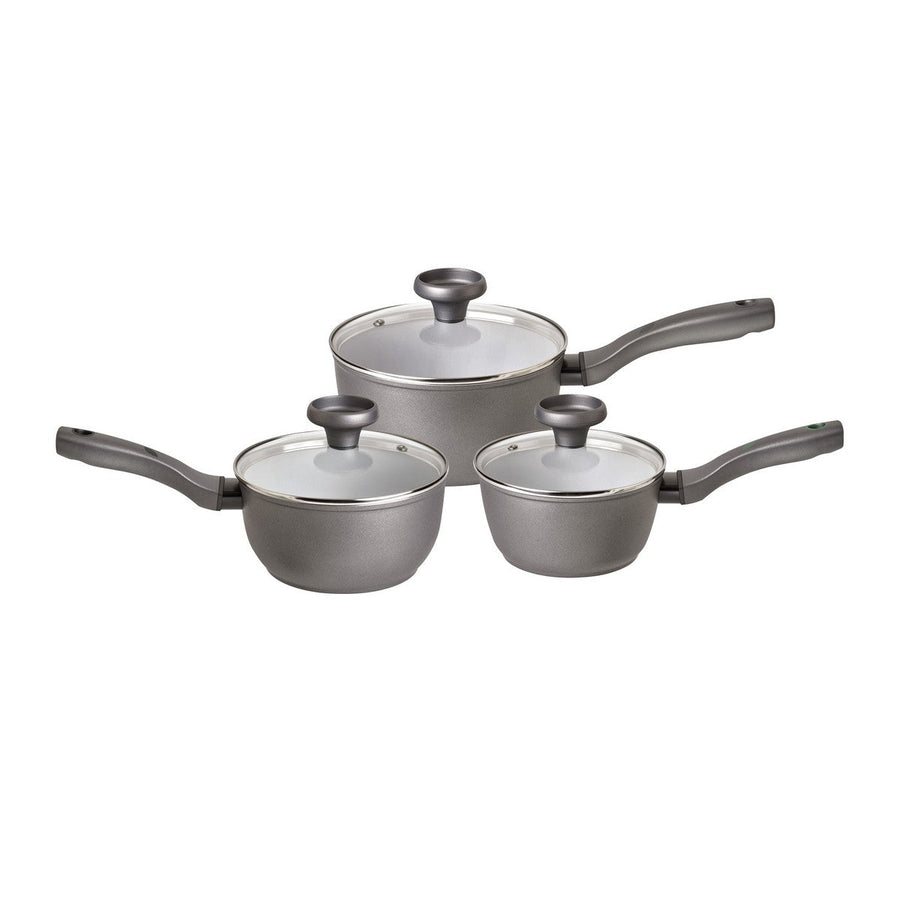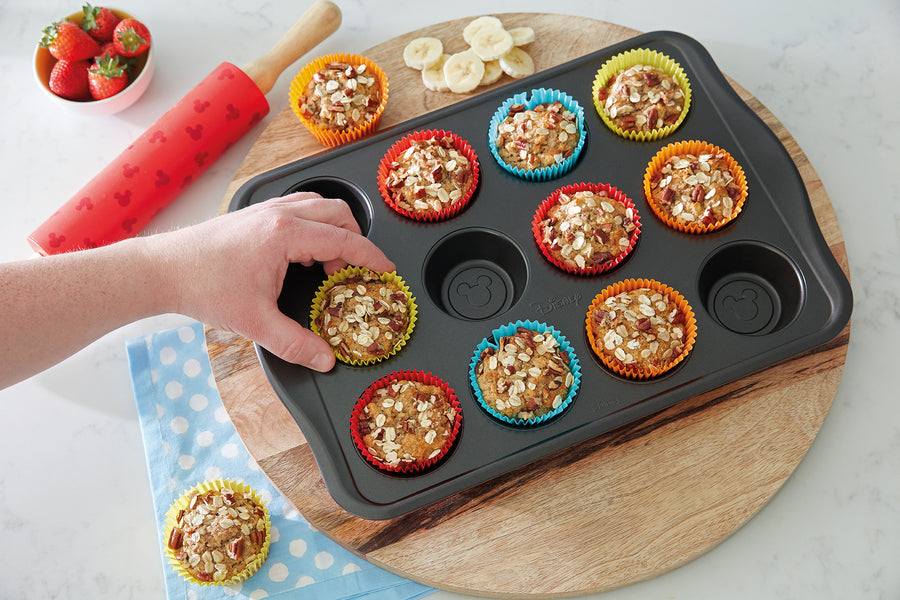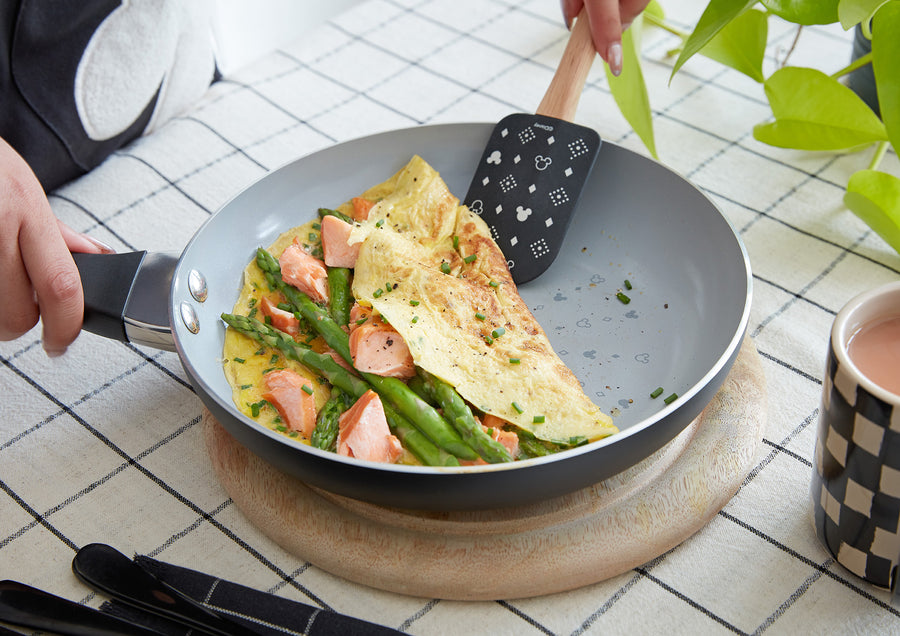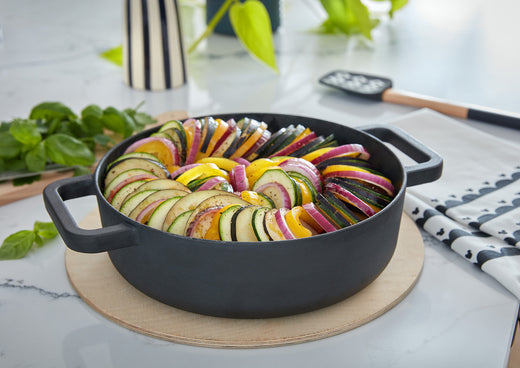The kitchen is one of the largest sources of waste in our homes, but one of the easiest to switch up in order to live a more sustainable lifestyle. Every simple swap can have a positive impact, oftentimes saving you money and time as well.
In celebration of Earth Day, we have gathered our top tips and tricks for making your kitchen more eco-friendly, from the ways we shop to our kitchenware and storage. Fuelled by delicious food, we can help to save the world together, one step at a time.

1. A Greener Diet
Enjoy your food without any compromise on the planet by embracing a greener diet, for the benefit of the environment but also your health. Meats and processed foods are associated with higher water consumption and land degradation, as well as garnering a much higher carbon footprint than locally sourced fruits and vegetables.
Opting for a greener diet means the production of your food will involve much less waste and its contribution to greenhouse gas emissions will be far less, so you can have tasty meals full of flavour which don't cost the world. Looking for some inspiration for some delicious yet planet-friendly meals? Try some of these delicious recipes on our blog - you won't miss the meat!
- Butternut Squash & Chilli Risotto - a delicious and comforting vegetarian meal
- Carrot and Feta Fritters with Mint-Garlic Yoghurt - a healthy and light lunch!
- Portobello Mushroom Fajitas - a mouthwatering vegetarian take on a classic fajita!
- Veggie 'Boston Baked' Beans - instead of bacon, these vegetarian boston baked beans get a smoky flavour from parika.

2. The Eco Pan
From conscious choices in the supermarket to mealtime at home, you can continue to choose sustainable options with eco-friendly cookware, such as the Eco Pan range. Made from 100% recycled and recyclable materials, this wonder pan is the perfect swap to change cooking for the better. With its toxin-free non-stick properties and toxin-free, the Eco pan is intended for long term use and is a must-have in every sustainable kitchen.
And don't forget, for every Prestige Eco pan we sell, we donate £1 to them so a new tree can be planted. Cook up some delectable dishes and do good all at once with the Eco pan. With 51,903 trees already planted, there's no stopping us!

3. Meal Planning
Nobody likes to see food go to waste, so why should it? Meal planning will help you to organise your meals, make the food shop easier than ever and most importantly help to save the planet. By simply deciding what you would like to eat, you can buy the right amount of food, at the right time.
Not only is this an organised method that is particularly beneficial in busy households, but it will also save you money and perhaps inspire you to try some new dishes and infuse some more excitement into mealtimes.
Top tip: Check your cupboards for things you already have before heading out to the shops, sometimes what you need is already there!

4. Plastic Alternatives
Gone are the days that our cupboards contain plastic, it’s time to replace this storage with environmentally friendly alternatives. An effortless swap that will save you money in the long run, glass is a versatile replacement, with its non-toxic nature perfect for a family kitchen, it will keep your food fresher for longer. Bamboo is another great substitute, being an entirely natural and biodegradable material.
Opting for a plastic alternative ensures that your storage is reusable and often recyclable, as well as being visually appealing in your cupboard. There is so much choice when it comes to reducing our reliance on plastic in the kitchen, and this is just one small swap that will have a positive impact.
As a starting point, why not replace your plastic tupperware with our eco-friendly glass storage containers? Made with recycled glass and featuring lids made from recycled plastic, these are truly the sustainable choice for storing your leftovers!

5. Compost bins
An often overlooked change to consider in your kitchen is the introduction of a compost bin. Naturally, when cooking there is some waste, and whilst the challenge is to reduce it as much as possible, the waste that is created should be dealt with in a way that only gives back to the earth. Whether it is a small caddy or going straight to a compost bin in the garden, every method is helpful in improving the sustainability of your kitchen.
With so much choice in different materials we can use in our gardens, different ways of shopping and how we approach waste in our kitchen, there is little opposing the prospect of making small yet significant swaps over time, to become more sustainability conscious.
Often it is the smallest changes over time that make the most impact, so why not try one of these swaps in your kitchen, and who knows what we could achieve.
Have you made any swaps to make your kitchen more environmentally friendly? Let us know if you have any tips on @YourPrestigeKitchen on Instagram.


